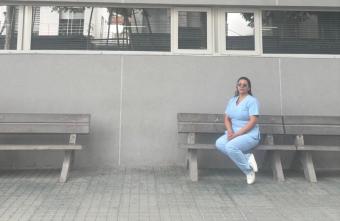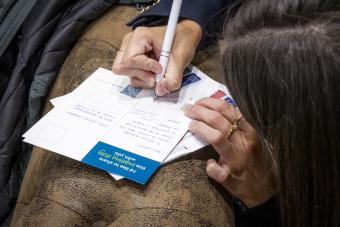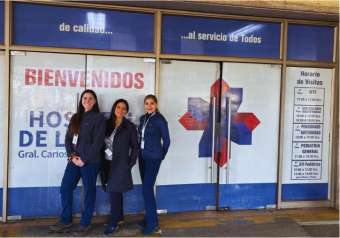As wave after wave of Covid-19 tore through the world, Angels consultants in Russia and its Russian-speaking neighbours made waves of their own, enrolling over 1,000 nurses in a training programme that has the potential to transform the stroke care community in this region.
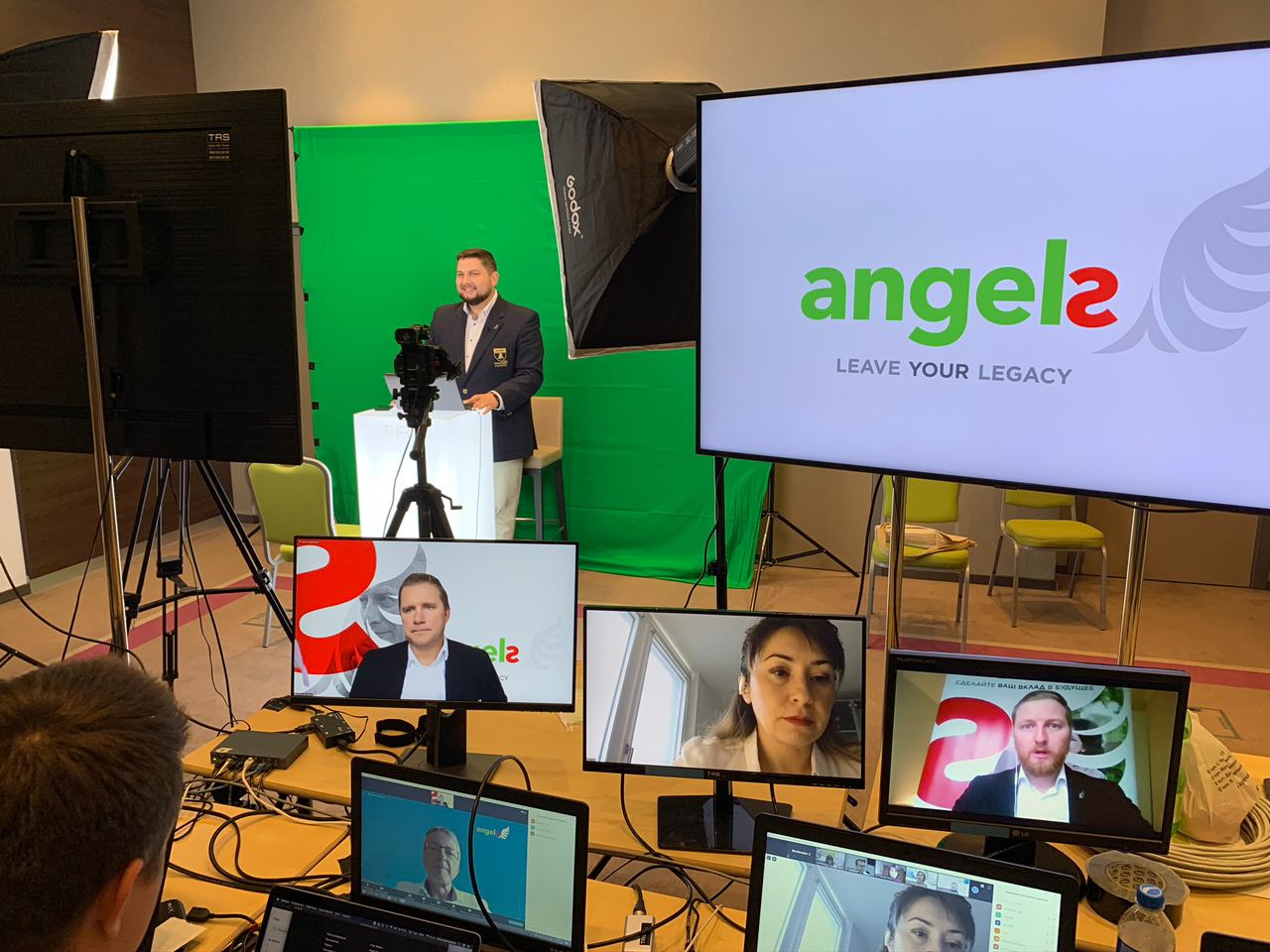
If you want to save more stroke patients’ lives, just add one trained nurse, a study on stroke survival concluded in 2016. The best predictor of patient survival was an optimal number of nurses to provide patient care, researchers from the University of Aberdeen found after studying mortality outcomes for 2,388 acute stroke patients at eight hospitals in East England.
In fact, an increase of just one trained nurse per 10 beds could reduce 30-day mortality by up to 28%, and one-year mortality by up to 12%.
Given the evidence from this and numerous other studies of the central role nurses have in stroke care, it is possible to extrapolate that the lives saved by providing stroke-specific training to 1,000 nurses could over time fill a decent-sized concert hall – or a small stadium, if each nurse who completes the training becomes an advocate for improved stroke care and shares their knowledge with their colleagues.
Anyone battling with the mathematics of exponential growth only has to consider the acceleration of Covid-19 infections in unprotected communities. But as the first, second and third waves of Covid-19 surged across one country after another, Angels consultants serving Russia and eight of its neighbours countered with waves of their own, providing stroke care training to over 1,000 nurses.
A long drive to Kazan
Wind back the clock to 2019. In the Republic of Tatarstan about 800 km east of Moscow, two Angels consultants are on their way back to Kazan, after a training session for physicians at a stroke hospital three hours away.
Kazan is the capital of Tatarstan and one of the most important cultural centres in Russia. It is also a bright spot in stroke care excellence, a distinction that owes much to Dr Dina Khasanova who not only heads up the stroke team at Kazan’s Interregional Clinical Diagnostic Centre (ICDC) but also drives stroke care improvement throughout the region.
On the long drive to Kazan, the consultants review the training they have just completed, then move on to other topics. What if they offered this kind of training to nurses, they muse. A glance at the calendar confirms that 2020 will be the Year of Nurses and Midwives. As yet no-one knows that it will also be the year in which a pandemic will send most of the world into lockdown.
The first training session for nurses takes place in Tatarstan in December 2019. It is based on the 20 modules covered in the Angels Stroke Nurse Certification e-learning programme and is attended by 10 nurses. In March 2020, 15 nurses attend the same course, which now includes an additional masterclass on ICU care, and soon afterwards the first wave of Covid-19 brings the world to a grinding halt.
Maria Koneva in Moscow and Lev Prystupiuk from Ukraine, however, are working on the second wave of training for nurses.
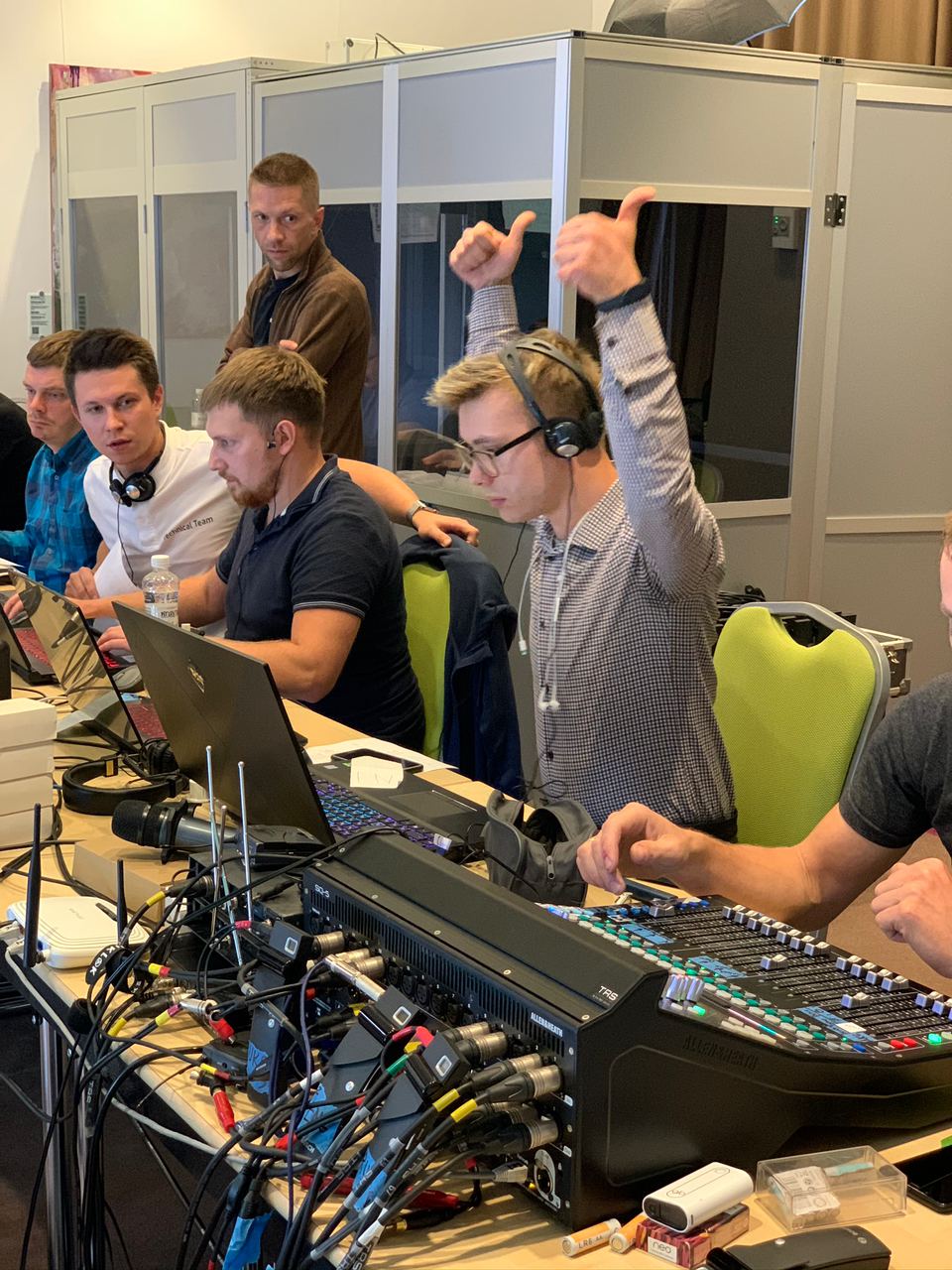
Thinking big
The concept is ambitious: four consecutive stroke care improvement webinars delivered remotely to nurses in nine countries – Russia, Ukraine and the seven countries served by Lev, namely Armenia, Belarus, Georgia, Kazakhstan, Kyrgyzstan, Moldova and Uzbekistan. There will be one webinar a week, each lasting just over 2 hours, and conducted simultaneously in three languages.
In June 2020 a steering committee meeting is held where Dr Timur Diemin, head of the ICDC Kazan Stroke Unit, presents the concept. Now the consultants have just three months to prepare the material, solve technical challenges, recruit expert speakers and enroll participants.
By the end of August, the endorsement of the European Stroke Organization is sought and given, and after another meeting of the steering committee training kicks off on 7 October.
The course is broadcast from Kazan and attended remotely by 450 nurses. Adapted from the e-learning modules, it covers an introduction to stroke care, ICU intensive therapy, nutritional support and dysphagia, and masterclasses in positioning and mobility, in placement and care of probes and catheters, and in administrative and self-psychological management.
This last session is the most popular of all. It provides guidance not only for communicating with patients and relatives, but also for spotting and dealing with the signs of burnout in nurses.
It underlines an important benefit of the training namely to let nurses know that they are seen and appreciated, and to welcome them as valued members of the stroke community.
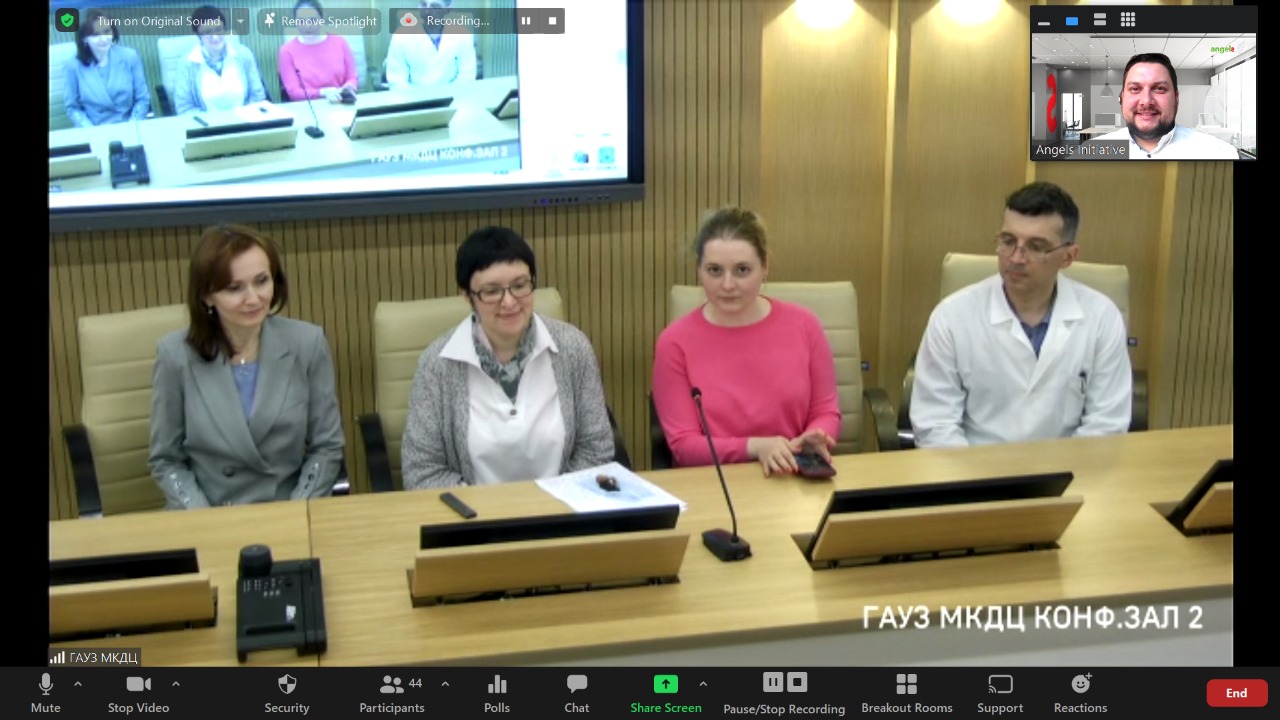
Spread the word
By Spring 2021 there is a waiting list ahead of the third wave of training, and Maria and Lev have again fine-tuned the content and presentation. There are five sessions instead of four, and training is combined for nurses from different countries which helps foster a sense of community across borders. The material is customised to account for protocols that are unique to each country, such as the use of different evaluation scales.
As with the first sessions, the emphasis is on interactive learning, and partcipants are capped at 30 per session.
A more interactive dysphagia masterclass in partnership with Nutricia is one of the refinements planned for the next wave of training, which hits Russia in September and the rest of the countries in the region in November. At the request of Ukraine’s minister of health, the course structure and materials have been shared with local practitioners who will conduct the training themselves.
Thanks to a partnership with Russia’s National Nurses Association, the training has received accredition that will count towards the continuous education points nurses have to collect annually in order to renew their license.
What is most important, the consultants say, is securing the participation of at least one or two nurses from every stroke unit in the region, in order to achieve the widest possible distribution of highly motivated stroke care champions who spread their knowledge in their departments.
A new wave
Bright spot theory says that when you come across something that works, replicate it elsewhere. Maria and Lev have already started developing a similar training initiative for the region’s emergency medical services.
The first wave should hit them very soon.

